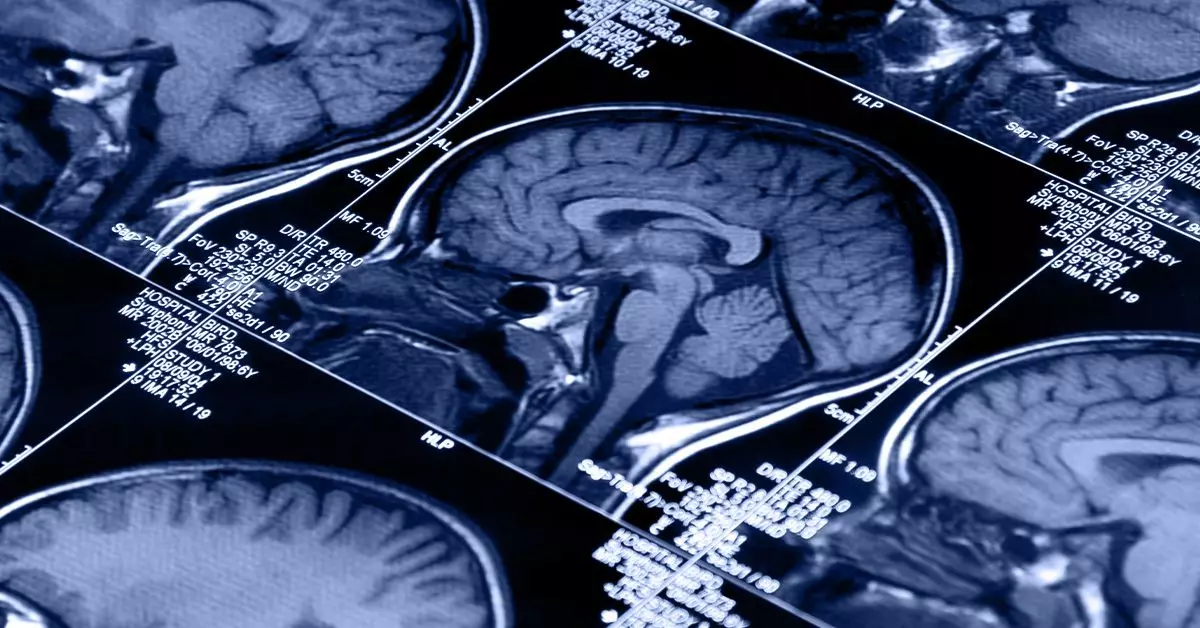In recent years, the term “Temporal Lobe Attention Deficit Disorder” (ADD) has emerged within certain niche medical communities, with proponents asserting it as a subtype of the more widely recognized Attention Deficit Hyperactivity Disorder (ADHD). This notion suggests that the condition specifically relates to the temporal lobe, an area of the brain primarily involved in memory processing, emotion regulation, and auditory perception. However, this claim deserves rigorous scrutiny as it lacks substantial scientific backing and may lead many individuals down a misleading path in search of understanding and treatment.
What is particularly concerning is that the symptoms associated with temporal lobe ADD—such as memory difficulties and emotional dysregulation—are already recognized characteristics of ADHD. Given the considerable overlap, it raises questions about whether this proposed disorder truly represents a unique condition or merely reiterates the well-documented challenges faced by those diagnosed with ADHD.
Scientific Evidence: A Missing Piece
The scientific community remains largely unconvinced of the legitimacy of temporal lobe ADD. While it is true that recent studies have suggested ADHD may affect the temporal lobe, these findings do not imply the existence of a distinct subtype. For instance, a 2020 study indicated observable changes in the temporal lobe among boys diagnosed with ADHD. However, these changes were general across the ADHD population rather than indicative of a specific subgroup.
One wonders why the proponents of temporal lobe ADD continue to push for recognition of this condition despite the lack of rigorous research or substantial evidence. Without scientific substantiation, the idea of separating it from the broader umbrella of ADHD is not only premature but could be potentially harmful. Misleading diagnoses can divert individuals from receiving the appropriate treatment and support that address their actual conditions.
Pseudoscience and Its Providers
Healthcare providers claiming to diagnose or treat temporal lobe ADD should be approached with caution. The emergence of this concept appears to be a product of anecdotal evidence rather than scientific investigation. Additionally, this raises ethical questions regarding the motivations behind such claims, particularly concerning industries aiming to profit from otherwise unsubstantiated medical conditions.
Many of these clinics tout a range of treatments for temporal lobe ADD—ranging from dietary recommendations to behavioral therapies—without sufficiently addressing the need for established, evidence-based interventions. Dietary alterations and lifestyle changes can be beneficial for overall mental health, but they should not serve as replacements for scientifically verified treatment methods, especially for conditions as complex as ADHD.
The Symptoms That Aren’t So Distinct
The symptoms touted as unique to temporal lobe ADD are often simply within the recognized spectrum of ADHD or may overlap considerably with anxiety disorders, depression, and other psychological issues. Claims regarding symptoms such as paranoia or hallucinations present a grave concern, as these are not typical for ADHD. These serious mental health indicators require professional intervention and should not be interpreted as part of any newly fabricated disorder.
Moreover, the blending of mental health conditions can lead to improper treatment and misdiagnosis, with individuals receiving remedies for a condition that is not scientifically recognized, rather than obtaining support for their genuine experiences. This conflation highlights the importance of a thorough assessment by qualified professionals to obtain a correct diagnosis.
Reexamining ADHD: The Path Forward
As understanding of ADHD continues to develop, researchers remain focused on unraveling its complexities, including how it manifests across different demographics and varies in severity. Reports confirming hereditary links suggest a genetic component, which merits extensive exploration. Factors such as environmental influences remain contentious and warrant further investigation; however, the assertion that video games, processed foods, or lack of exercise serve as primary causes of ADHD is unfounded and detracts from legitimate research.
The misnomer of temporal lobe ADD underscores a broader issue regarding the proliferation of medical myths and pseudo-conditions in the public domain. The landscape of mental health requires vigilance and critical engagement with new terminologies and claims. Clarity in the dialogue around ADHD is essential to ensuring individuals receive the correct support tailored to their needs without falling prey to the allure of unproven theories.
Seeking Professional Guidance
For anyone suspecting they may have ADHD or being affected by symptoms related to attention and memory, addressing these concerns with an experienced mental health professional is imperative. The complexities of ADHD—from its behavioral manifestations to its emotional impacts—demand a nuanced understanding that can only be achieved through rigorous assessment and diagnosis. Anyone grappling with severe symptoms, such as thoughts of self-harm or persistent despair, must prioritize seeking expert assistance.
The quest for clarity surrounding ADHD and its related conditions is ongoing. As science continues to evolve, so should our approaches, ensuring they remain anchored in evidence and away from speculation that obscures understanding. In that spirit, vigilance against the misleading premise of temporal lobe ADD is crucial as we navigate the intricate world of ADHD and mental health.

